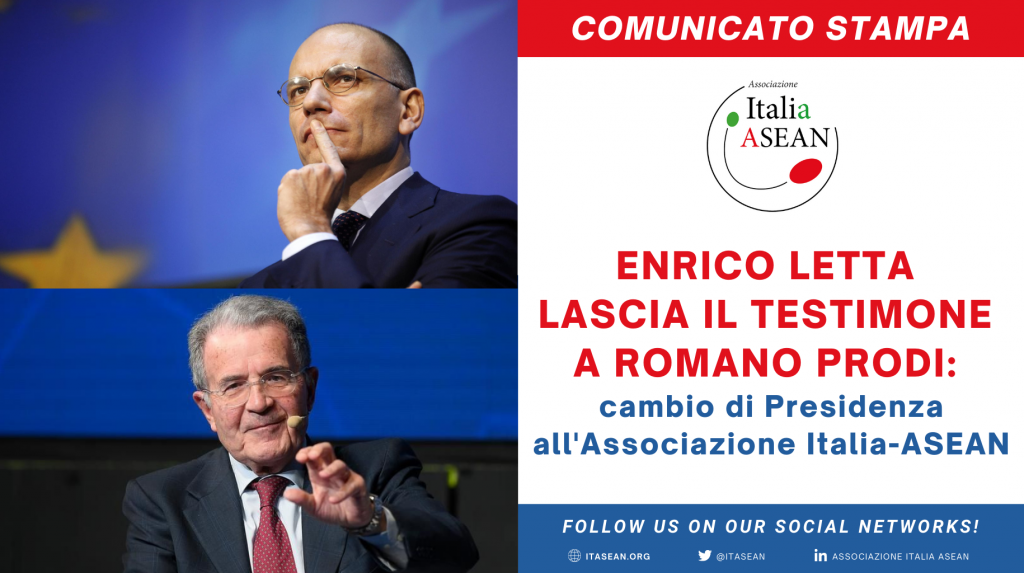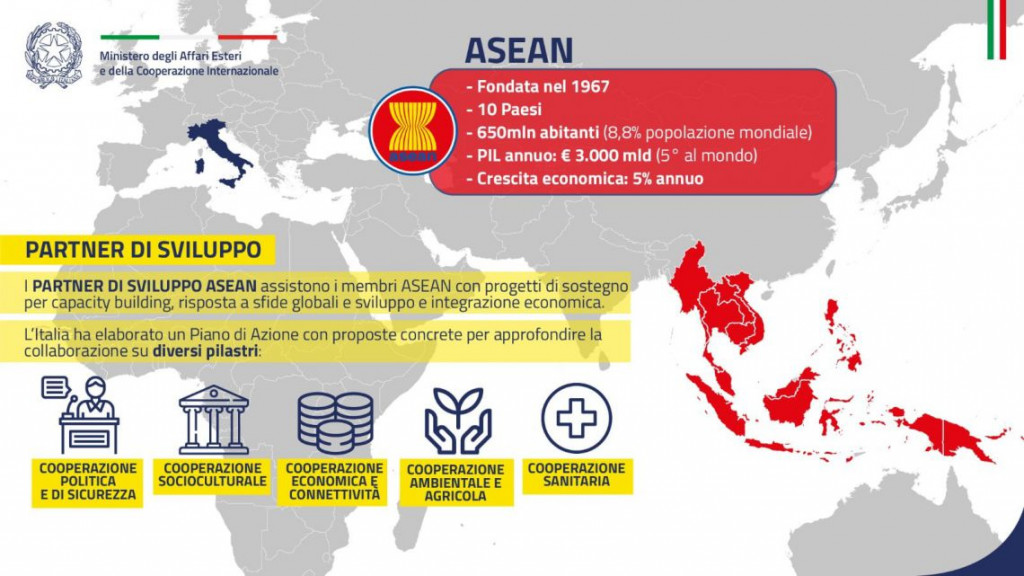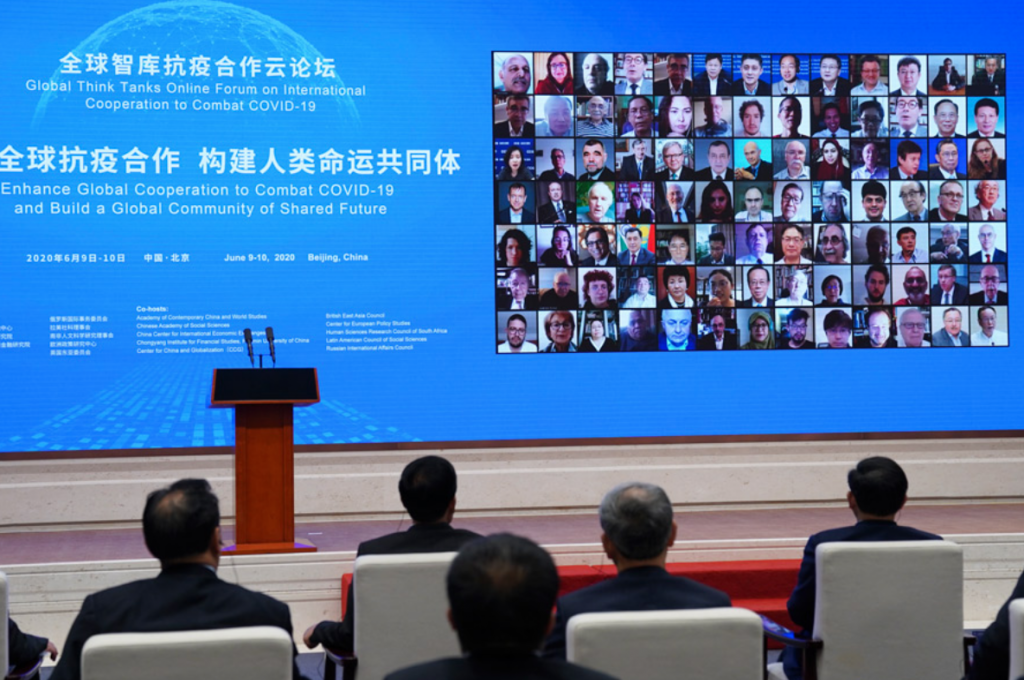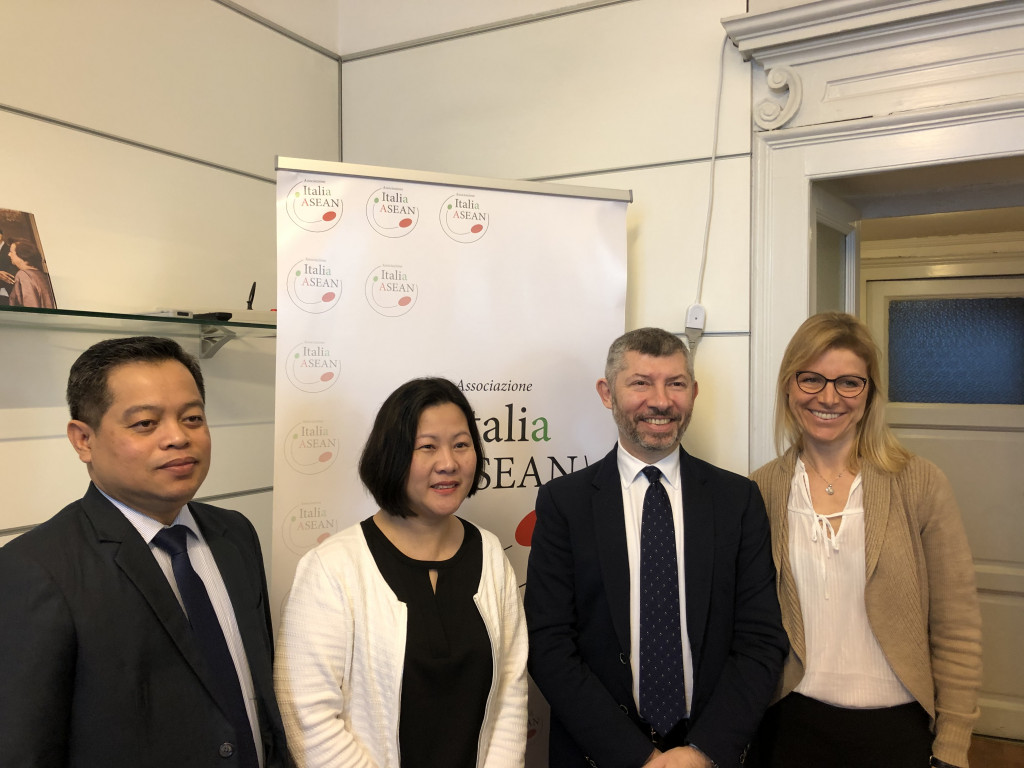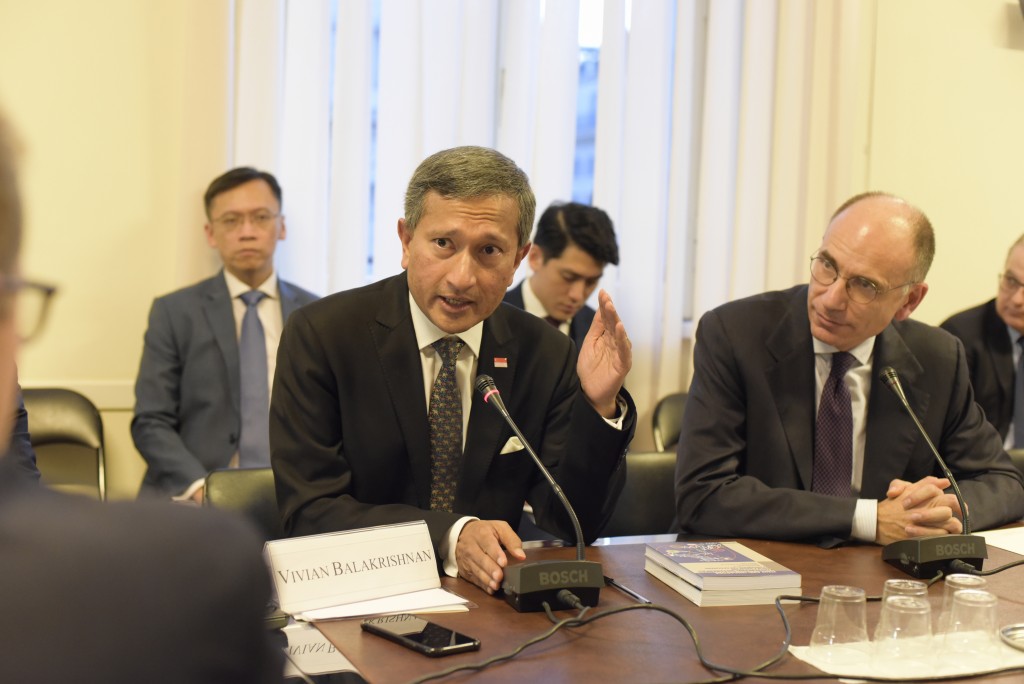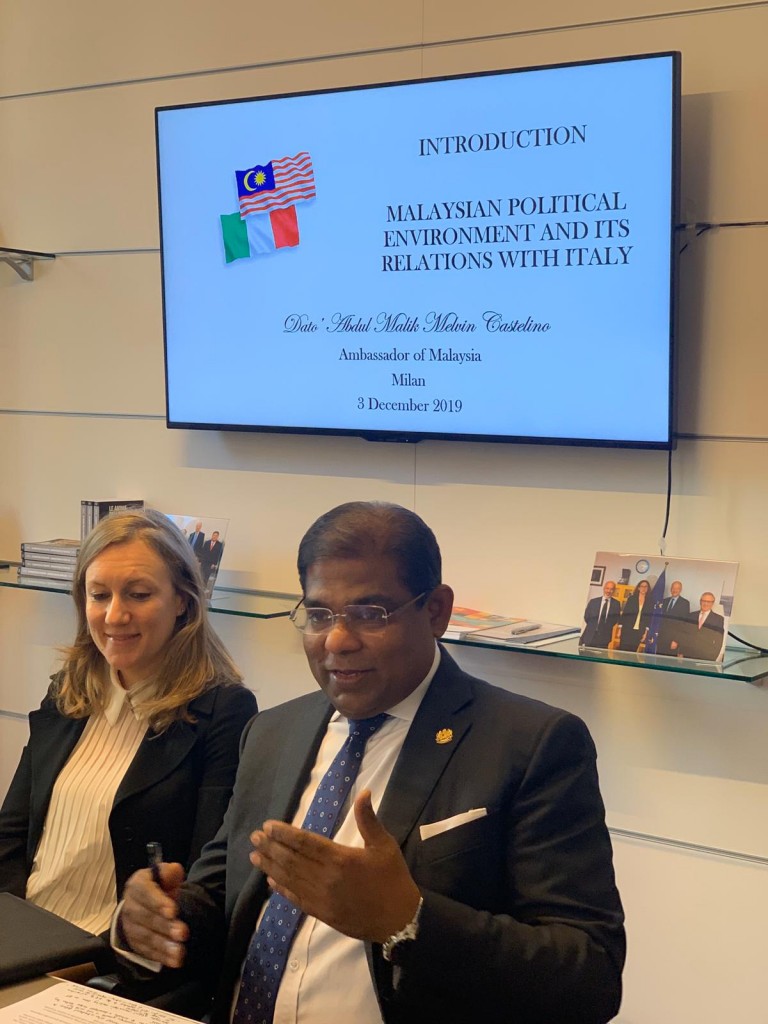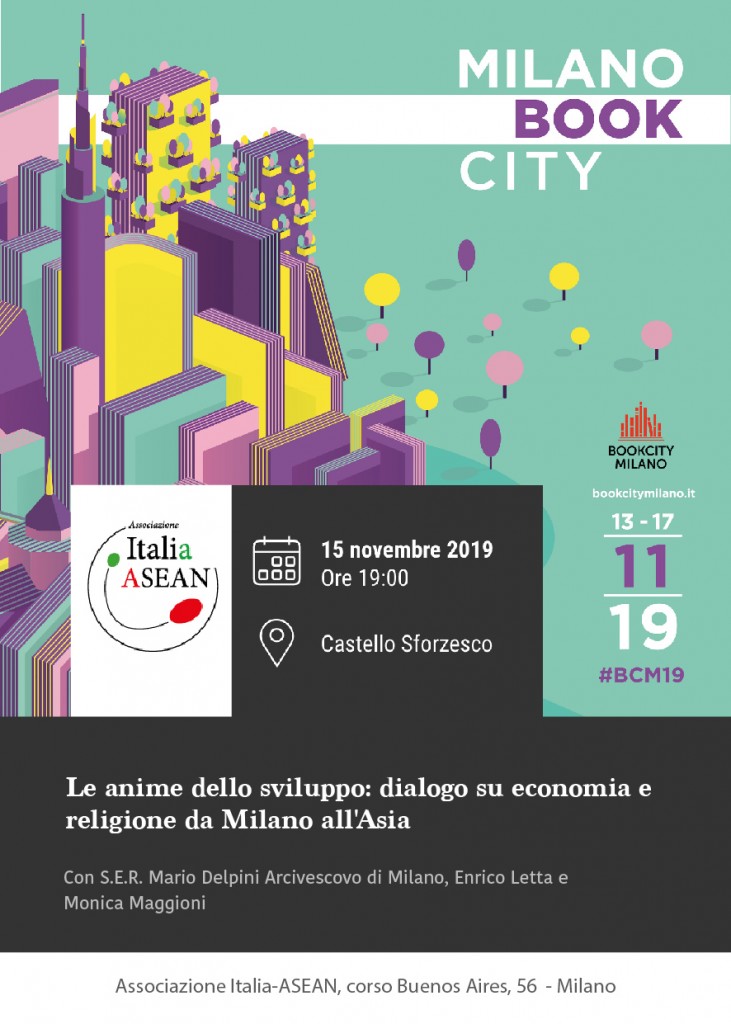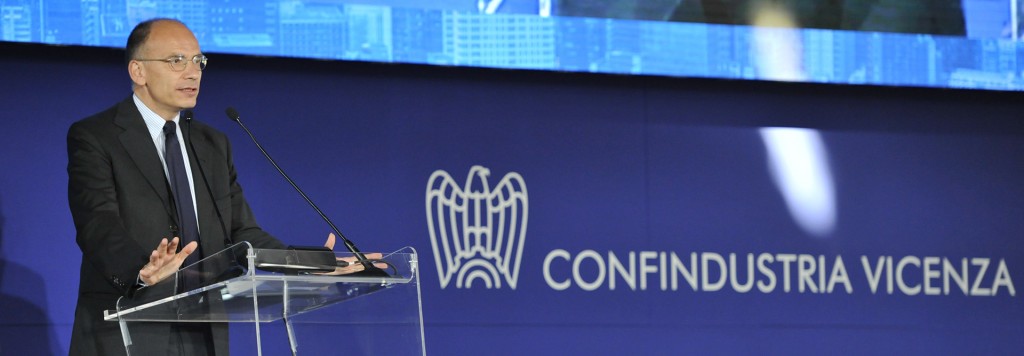After Germany, also Italy (and France) becomes ASEAN's Development Partner, highlighting the increasing interest for Southeast Asia in the European continent
The trade war between the United States and China, together with the severe consequences of the pandemic, are redesigning the global trade and geopolitical landscape. In Europe as well as in Asia, political elites are looking for new commercial partnerships with the aim of dealing with the upheavals in the global economic system of recent years. In this regard, Italy and Europe are looking with increasing interest at the Indo-Pacific region, considered a young, dynamic and appealing region.
Since the first visit of President of the Italian Republic Sergio Mattarella to the ASEAN Secretariat in 2015, Italy has been committed to strengthen relations with the region. Through the organization of meetings and events, representatives of Italian and ASEAN institutions have worked hard to foster dialogue and trade exchanges between the two parties. On September 9th of this year, Italy officially became ASEAN's Development Partner, crowning a process of rapprochement successfully carried out in recent years. In addition, the recent entry into force of the EU-Vietnam Free Trade Agreement (after the agreement with Singapore in 2019) represents a further positive factor that signals the ongoing process of cooperation between Italy, Europe and South-East Asia.
Also from the commercial point of view, relations between Italy and ASEAN have grown in recent years. According to data from the ASEAN General Secretariat, in the period between 2009 and 2019 Italian exports to ASEAN countries have increased from 7.14 to 13.29 billion dollars, while imports have increased from 5.27 to 9.65 billion dollars. Among the main Italian goods exported, machinery, equipment and chemical products, while ASEAN countries mainly exported to Italy computers, electronic and agri-food products. However, it is worth noting that the volume of trade between Italy and ASEAN is still quite low, especially in relation to other European countries. The ASEAN bloc is Italy's 14th trading partner in terms of exports, imports and foreign direct investments, while Italy is more than 20th among ASEAN partners, well behind Germany, France, the United Kingdom and even the Netherlands and Switzerland.
In light of these data, it is clear that the news of the partnership between Italy and ASEAN signals the intention of the Italian political establishment to catch up with its European partners and global competitors. After all, ASEAN is one of the most dynamic regions in the world, with a population of over 600 million inhabitants, the fifth largest economy in the world and an average growth rate of around 5% of total GDP in the last 10 years.
This newborn partnership is therefore not a point of arrival, but a starting point for improving and deepening the political, economic and cultural relations between Italy and Southeast Asian countries. In the coming months, it will be necessary to monitor and evaluate progresses in order to understand the scope of this process and to seize the countless opportunities that will emerge.

